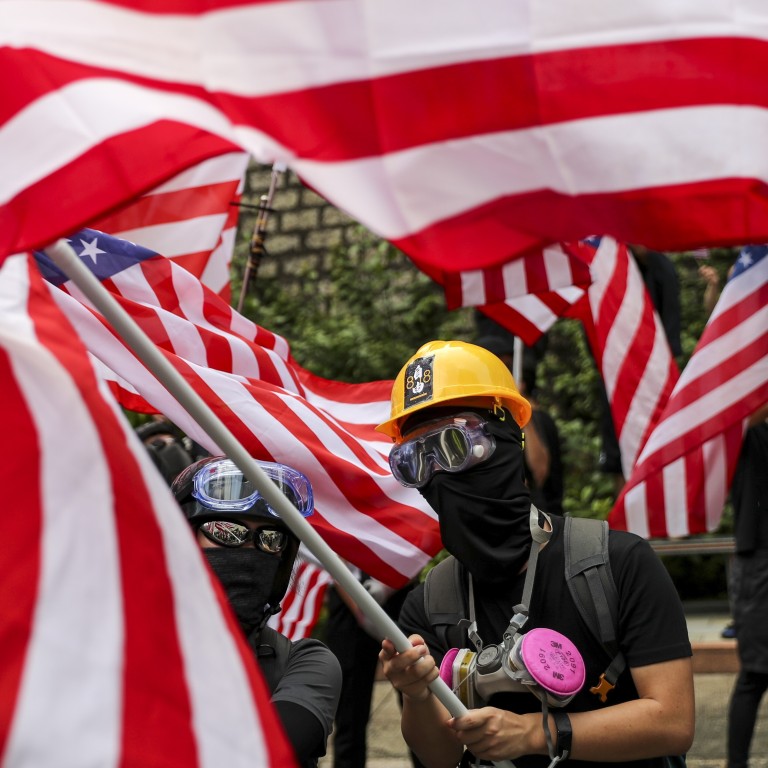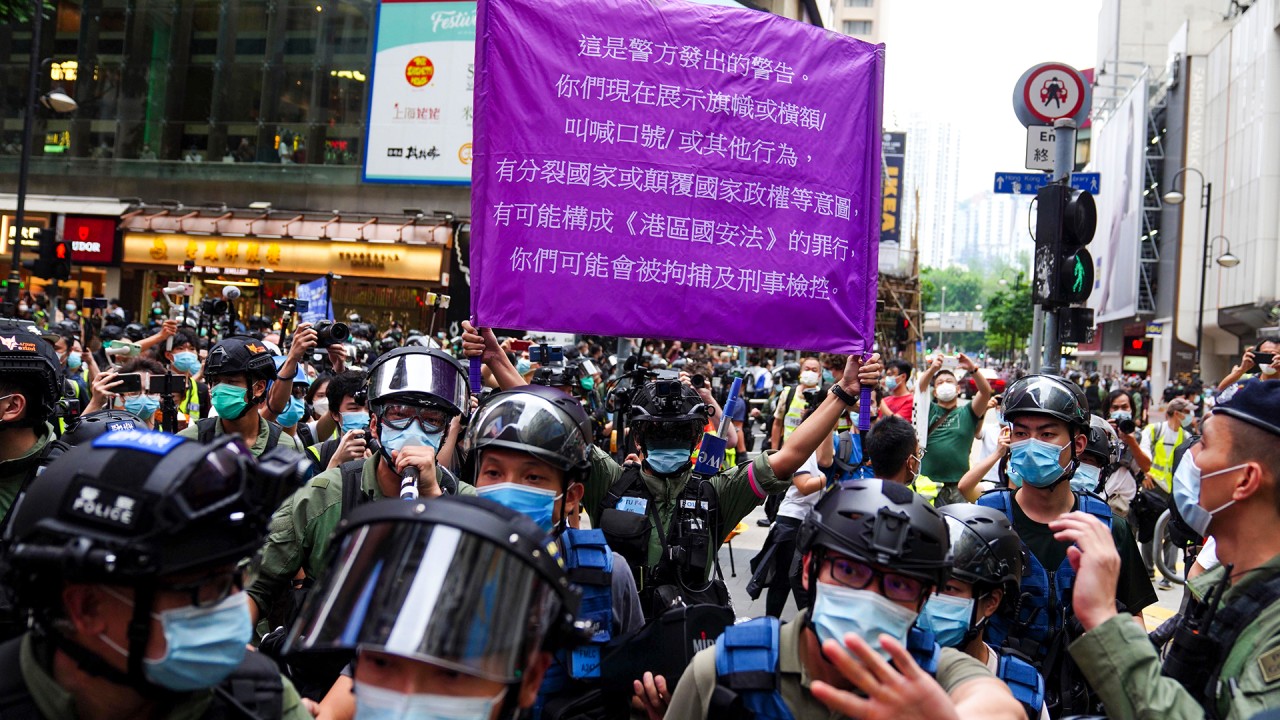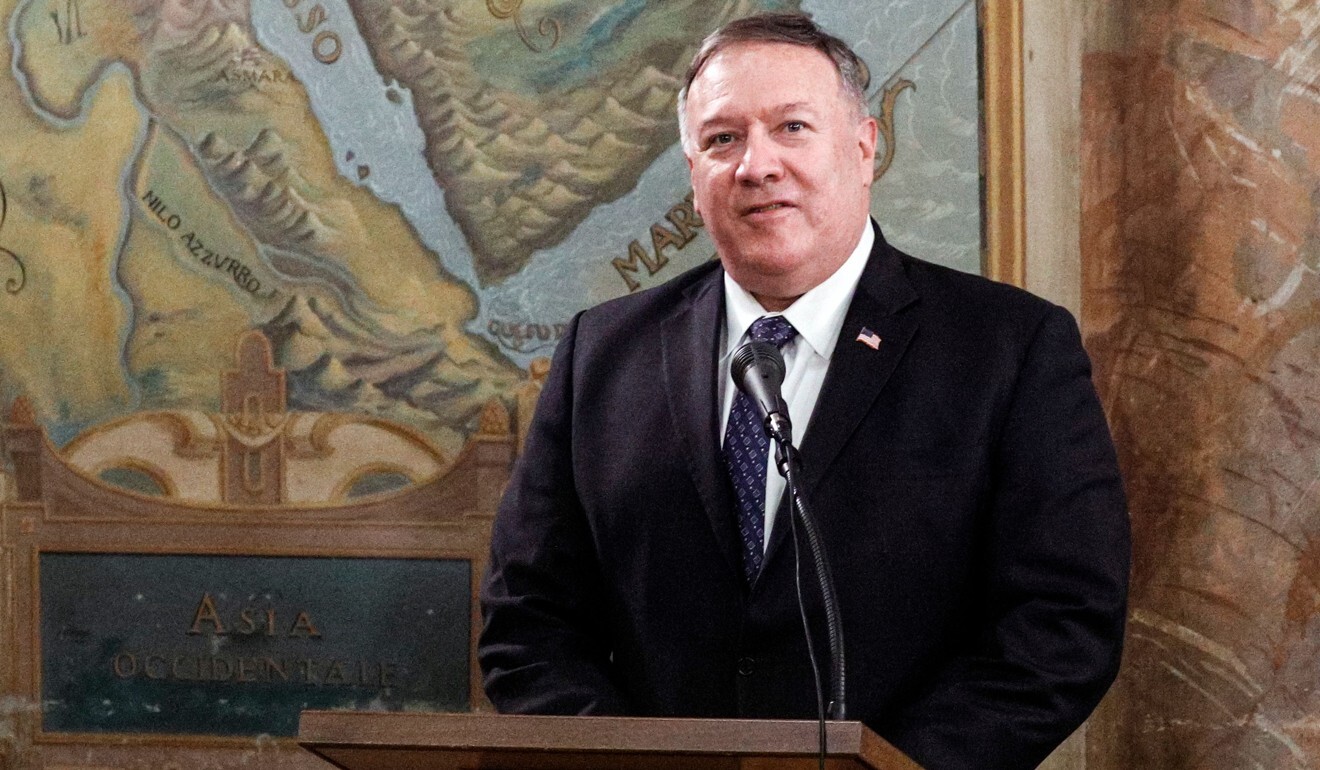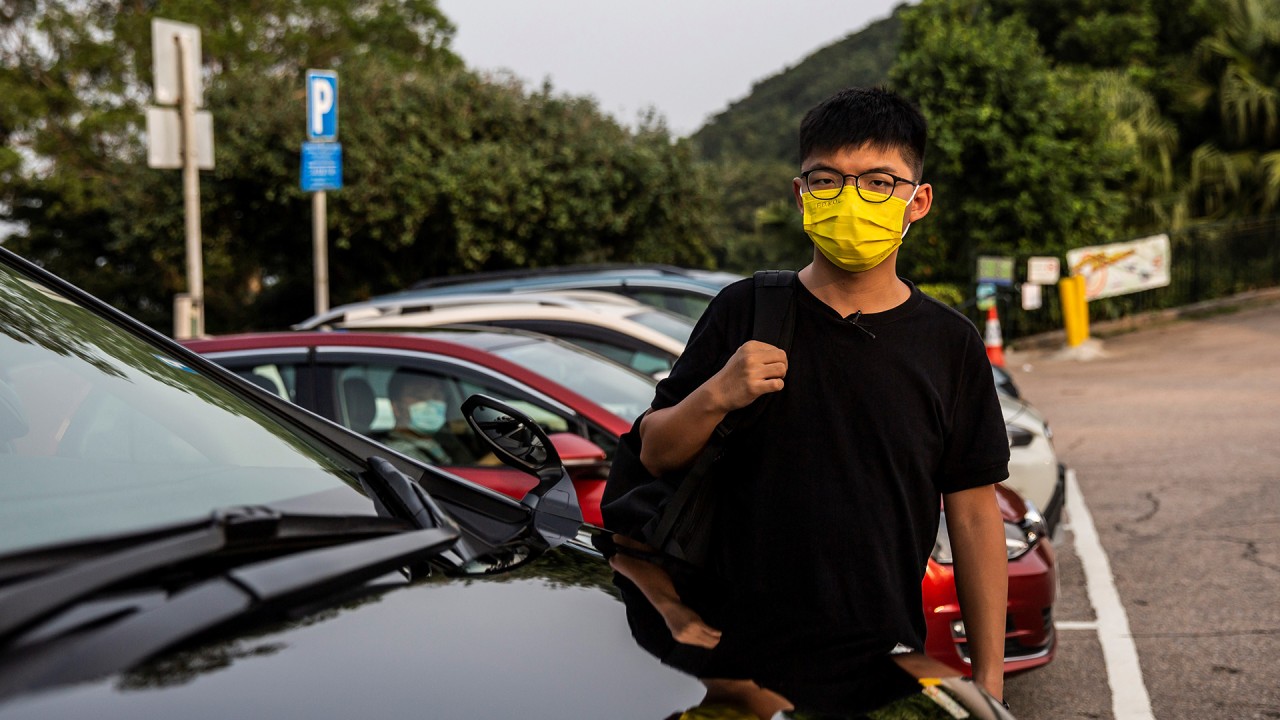
US includes Hongkongers among refugees whose applications will be prioritised
- In its annual proposal on refugee admissions, the state department added Hong Kong to the list of specific groups for the first time
- The move is the latest in a series of US actions following a national security law that threatens pro-democracy activists in the city
The US state department announced the inclusion of Hong Kong for the first time in its annual refugee admissions proposal, a move that follows a series of actions taken by Washington in response to a Chinese national security law that threatens pro-democracy activists in the city.
The announcement on Wednesday said that the state department was prioritising “people who have suffered or fear persecution on the basis of religion; for Iraqis whose assistance to the United States has put them in danger; for refugees from El Salvador, Guatemala, and Honduras; and for refugees from Hong Kong, Cuba and Venezuela”.
The move comes as US legislation meant to welcome more Hongkongers facing prosecution moves rapidly through the House of Representatives.
The state department proposed to cap the number of refugees accepted at 15,000, which is down from 18,000 allowed in this year, and added that it anticipated “receiving more than 300,000 new refugees and asylum claims” in the coming year.
The list’s inclusion of asylum seekers from Hong Kong follows the detention in China of 12 Hongkongers, who were sought by Hong Kong police and caught by mainland Chinese authorities at sea while reportedly fleeing to Taiwan.

03:37
Massive police presence blunts Hong Kong protests on China’s National Day
Hong Kong Chief Executive Carrie Lam Cheng Yuet-ngor has defended the detention, saying they were fugitives and dismissing characterisations of them as oppressed democracy activists.
US Secretary of State Mike Pompeo said on September 11 that he was “deeply concerned” about the detentions because the detainees “have been denied access to lawyers of their choice”.
“Local authorities have yet to provide information regarding their welfare, or the charges against them,” Pompeo said. “We question Chief Executive Lam’s stated commitment to protecting the rights of Hong Kong residents, and call on authorities to ensure due process.”
US sanctions will make everyday life a headache for Hong Kong’s political leaders
The dozen, aged 16 to 33, have been held at a detention centre in the neighbouring Chinese city of Shenzhen since August 23, when the Chinese coastguard arrested the group – allegedly fleeing to Taiwan via speedboat to seek political asylum – on suspicion of crossing the border illegally.
In August, the Trump administration imposed economic sanctions on 11 current and former Chinese officials, including Lam, as a punishment for Beijing’s imposition of Hong Kong’s national security law.

The US treasury department singled out Lam for “implementing Beijing’s policies of suppression of freedom and democratic processes,” citing her role last year in attempting to pass an extradition law and, more recently, her involvement in “developing, adopting or implementing” the national security law.
Enacted in June, the law criminalises a broad range of behaviours under the four categories of secession, terrorism, subversion and collusion with a foreign power.
Beijing labels 12 Hongkongers caught at sea as separatists
Andy Li, one of the 12 detainees, had been arrested in Hong Kong on suspicion of colluding with foreign forces. The other 11 were either charged with or arrested on suspicion of crimes such as arson and possessing explosives.
On Wednesday, the People’s Procuratorate in Shenzhen’s Yantian district said they had approved the arrests of 10 in the group over crossing the national border unlawfully, and two others for planning the offence.
Support for Hong Kong’s pro-democracy movement – which flared last year in response to an aborted attempt by the semi-autonomous city’s government to enact an extradition bill that would have potentially handed indicted individuals over to mainland authorities – has become a focus of Congress as well as the Trump administration.
However, some question the administration’s motives in singling out such refugee applications from Hong Kong.

03:09
Hong Kong activist Joshua Wong recounts harassment after national security law imposed
The more significant aspects of the state department’s announcement are the message it sends to Beijing and how much it has lowered the refugee cap, said Stephen Yale-Loehr, an immigration law professor at Cornell Law School.
The announcement, he said, was “basically a political statement that [the US government] opposes the governments of Hong Kong, Cuba and Venezuela, so we’re identifying those countries specifically in this document.
“But it doesn’t necessarily mean that everyone who claims persecution in those countries is going to be able to actually enter the United States as a refugee,” he said.
Yale-Loehr said the refugee cap under Trump had fallen every year of his tenure and was just a fraction of the 110,000 limit during 2016, the last year of former president Barack Obama’s administration.
Hongkongers applied for British National (Overseas) passports in record numbers in 2019
Last year, Congress passed the Hong Kong Human Rights and Democracy Act, which Trump signed, authorising the state department to sanction people deemed responsible for acts that undermine Hong Kong’s autonomy from mainland China, and directing its officers not to deny visas to individuals subjected to “politically motivated” arrests or detention in the city.
More legislation may follow.
On Tuesday, legislation introduced in the House of Representatives by Tom Malinowski, Democrat of New Jersey, and Adam Kinzinger, Republican of Illinois, would provide for temporary protected status for residents of Hong Kong and “expedite the processing of refugee applications for Hongkongers fleeing persecution, not subject to the administration‘s low cap on overall refugee admissions”.
The bill has already attracted 17 cosponsors from both parties, including Ted Yoho, a Florida Republican on the House Committee on Foreign Affairs and was passed by that chamber on Thursday.

